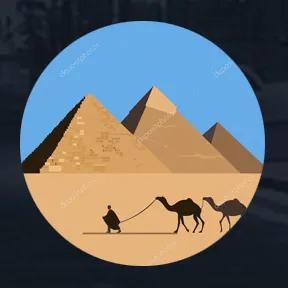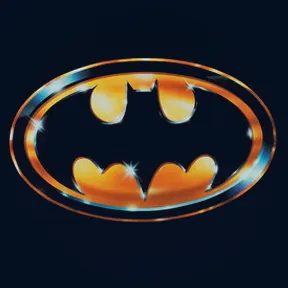The Oldest Sphinx Statuette at Giza | But How Old Is It?
I’ve recently made two videos on the Kromer Dump, an obscure but important feature of the Giza Plateau – a crescent-shaped, ancient trash heap located to the south of the Giza Pyramids.
It was first excavated in the 1970s by Karl Kromer, and then again to a lesser extent in 2018, by the Ancient Egypt Research Associates, or AERA.
Experts agree the dump was created in the 4th dynasty of the Old Kingdom – that certainly seems to be the case – and whilst it does contain a variety of finds from the reigns of Khufu and Khafre, the 1970s lead archaeologist Karl Kromer believed the dump also contained earlier finds from dynasties 1 to 3. Clay sealing expert Maira Torcia Rigillo would go on to analyse some of the finds and also agreed. There was also evidence for possible pre-dynastic activity, as seen in the decoration on some of the pot sherds.
Kromer’s 1978 excavation report is often quoted and last week I finally found a copy, a fantastic, detailed and well-illustrated 170-page publication on the Kromer Dump, packed with details, photographs, drawings, cross sections and interpretations.
Inside the dump, in Trench F, Kromer discovered what he called the oldest Sphinx statuette ever discovered in Egypt, and by Sphinx I mean with the body of a lion and head of a human. But why does it have no pharaonic headdress? Why does it have no beard? Why doesn't it look like any pharaoh we know of? In this video I investigate!
















































